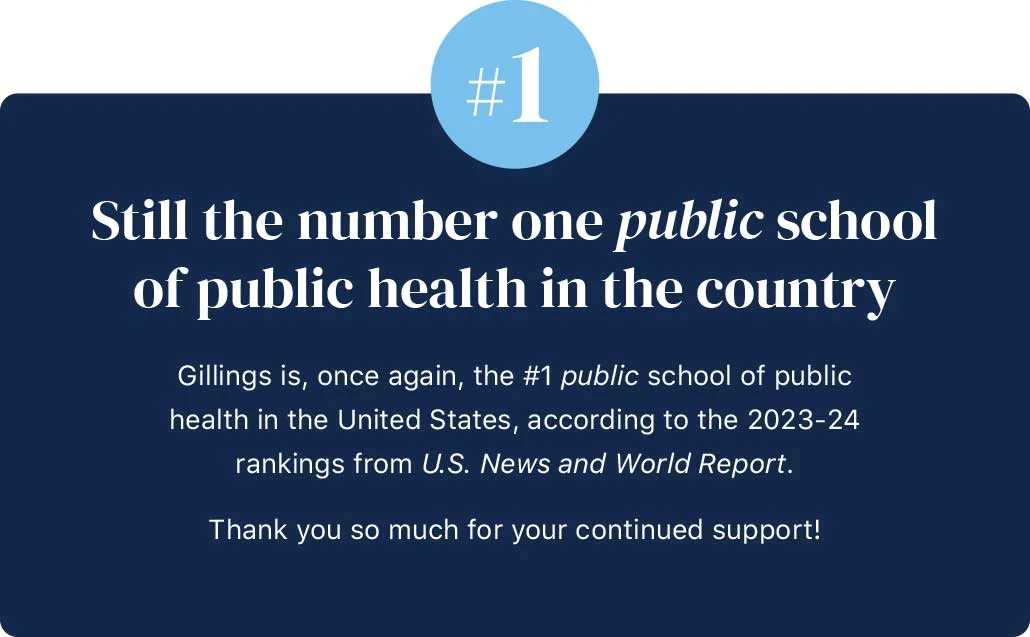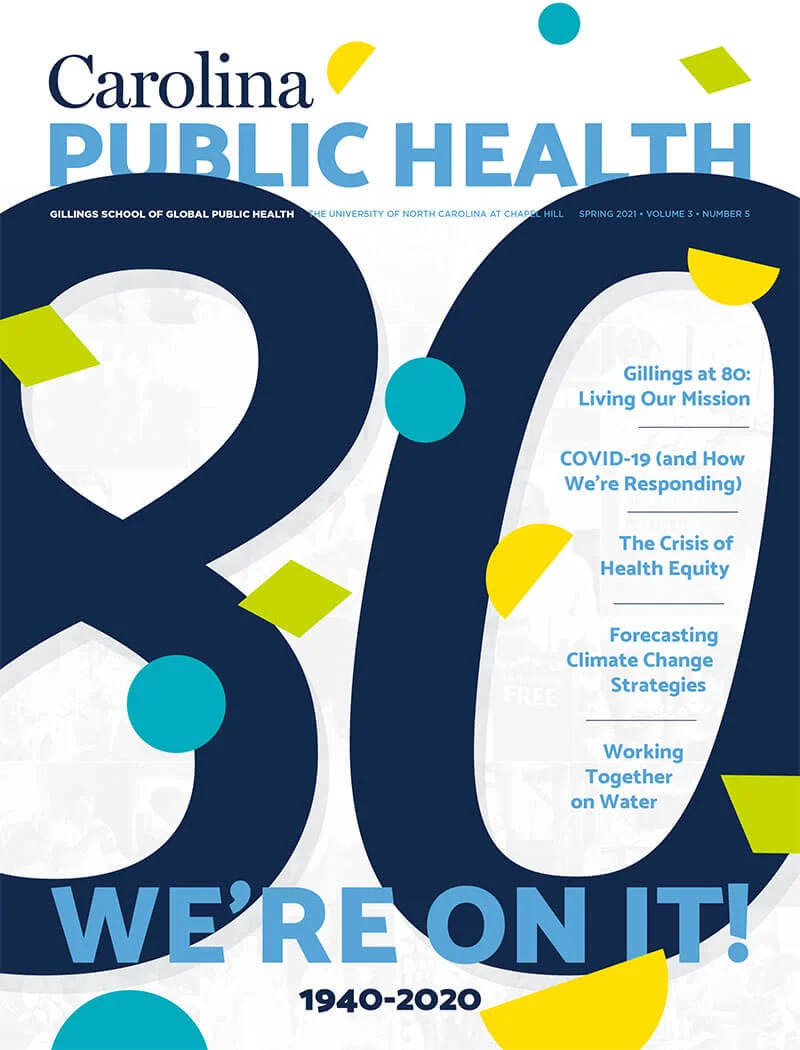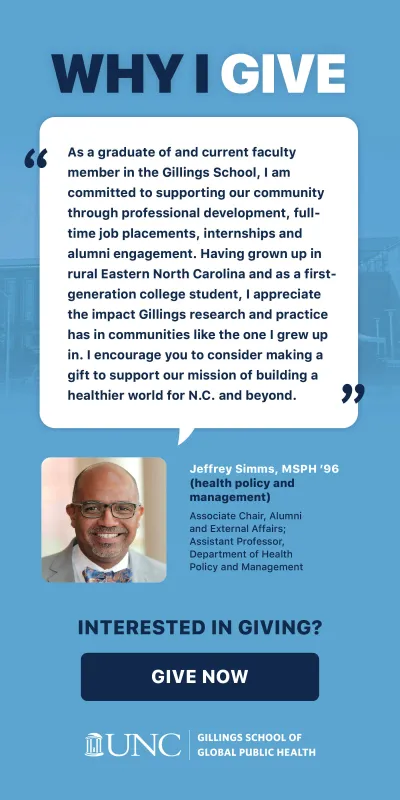Beyond the classroom: Capstone community connections
Screenshots of pitch videos from potential community partners. Due to the COVID-19 pandemic, 2020’s Capstone Pitch Day was held virtually.
For nearly its entire existence, the Gillings School has offered opportunities for students to make an impact in local communities as part of their studies.
Over time, those opportunities were expanded and became more meaningful to both the students and the communities they served. The School’s capstone program allows students to gain real-world experience while providing services to community partners.
Capstone is a yearlong community-led, mentored service-learning course for second-year master’s students in the Health Behavior concentration and the Health Equity, Social Justice and Human Rights (EQUITY) concentration. The scope of work is based on the community organization’s needs, and students produce deliverables that meet their thesis requirement. Annually, capstone students provide more than $255,000 of in-kind service to partner organizations.
“The capstone course is an opportunity for students to translate all the gold standards they’ve learned in the curriculum to real-world public health problems – and to wrestle with the tension of knowing that the gold standard can’t always be implemented in a community-based setting,” says Meg Landfried, MPH, assistant professor of health behavior and the department’s capstone director. “The community partners benefit from the work done by enthusiastic students who are embedded in current public health practices and trends.”
“Everyone who comes to Gillings is passionate about building partnerships. The capstone allows us to put this into practice.”
Over the past decade, 65 capstone partners have worked with student teams. Partner organizations define the scope of the capstone project, prioritizing their specific needs and giving students an opportunity to do applied public health work in a variety of settings with diverse populations. The Chatham County Council on Aging has worked with consecutive capstone teams, along with three summer interns from Gillings.
“Given our aging demographic in Chatham, we saw the need for a comprehensive plan for our county but lacked the capacity to undertake a significant and complex project of this nature. The capstone team brought tremendous energy, creativity, talent and commitment to the project,” said Dennis W. Streets, the Council’s executive director and a 1978 Master of Public Health graduate.
Community partners must be within an hour’s drive of campus and work in the public health space, particularly health equity. Potential partners submit a proposal each year and, if selected, attend “Pitch Day,” where they talk with students about working with them. (2020’s Pitch Day was virtual due to COVID-19.) Student teams and faculty advisers are matched with organizations based on their interest. A preceptor within the community organization supervises the team’s work. This year, 51 students were split into teams and matched up with 11 community partners.
For second-year health behavior student Isabella Pallotto, the chance to work with the State Trauma Advisory Council was an opportunity she could not pass up. She’s part of a five-student team working with the Council, an organization of hospitals and trauma treatment facilities throughout North Carolina, to improve care for pediatric trauma patients.
“Most members of our team want to partner public health with medicine in some way, which is why we all picked something with a medical focus,” said Pallotto, who plans to earn a doctoral degree in clinical psychology and work in a hospital as a clinical pediatric psychologist. “Everyone who comes to Gillings is passionate about building partnerships. The capstone allows us to put this into practice. We’re not just learning to write a paper. We gain professional team experience doing a big project and working with community members to make a real difference. It’s one of the reasons I was drawn to Gillings.”
2020 Capstone Program
Community partners benefit from the work done by enthusiastic students who are embedded in current public health practices and trends.
- 51 Master's students
- 11 community partners
- $255,000 in-kind services to partners given annually




